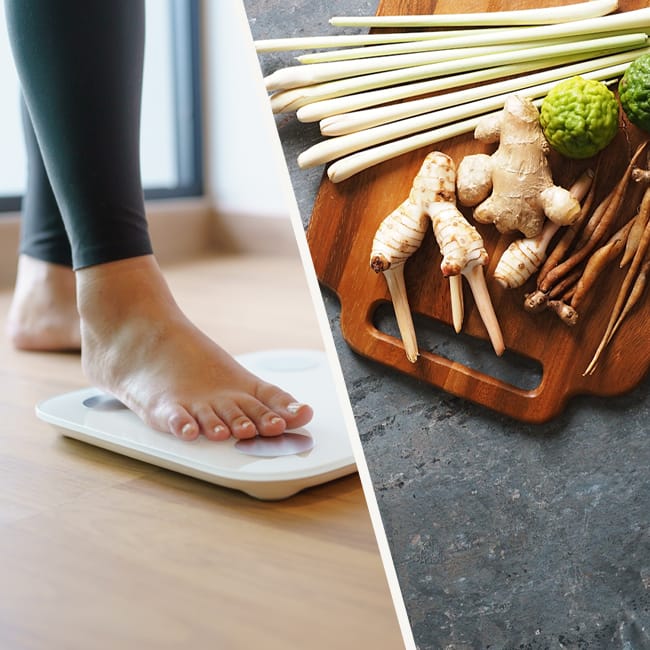This is an archived article and the information in the story may be outdated. Please check the time stamp on the story to see when it was updated last.
The paleo diet, otherwise known as the caveman diet, is a way of eating which focuses on the most basic food items that would be foraged for in nature, completely eliminating processed foods in favor of more nutrient dense items. “This diet plan came from the idea that people in the past were pretty much healthy and free from different forms of illnesses, until such time that agricultural revolutions were established and diseases emerged,” explains Dr. Mubashar Rehman, PhD.
Therefore, paleo is often useful for those struggling with diseases such as diabetes and hypertension as this method of eating can help lower blood pressure and sugar levels as it prioritizes natural foods and eliminates added sweetener. But as with any diet there are positives and negatives, and the paleo diet is not devoid of issues despite the nutrients it can provide your body with.


The paleo diet allows only food that you would be able to hunt and forage for, rather than farm, so this method of eating can eliminate a variety of vitamins and minerals which are essential to the body in the 21st century. Including only meats, fish, fruits, vegetables, nuts and seeds, this form of eating cuts out all processed foods, as well as any dairy products as they do not naturally come from the earth and need to be produced. Often high in fat and low in carbs, this diet can provide a host of issues to the body.
Excluding certain vegetables and fruits, as well as grains, the paleo diet can be limited in the nutrients it provides, which can actually aggravate health problems. “Those who choose to minimize fruit and starchy vegetables while following the Paleo diet are not receiving adequate carbohydrates needed for immediate energy necessary for optimal brain function and daily energy functions long term,” explains Ricci-Lee Hotz, MS, RDN. “When high-fat meat sources are consumed in excess, this can lead to issues with high cholesterol, heart disease, and gut issues or increased gut cancer risks. In general, the limited variety of this diet can be overly restrictive and likely not maintainable long term.”
What’s more, cutting out a majority of carb sources from your diet can leave you lacking in energy in the long term and is incredibly limited when it comes to cooking. If you’re following the paleo diet in hopes of losing weight, you may experience success initially but it would be a difficult eating plan to stick to as it severely reduces the recipes you can follow and will likely deprive you of a majority of the foods which you truly enjoy throughout your day.
“Living in today's fast-paced environment where most people struggle to cope with their daily expenditures can make this unreasonable and time-consuming to do. Although it may give some substantial benefits, I would not recommend this for those who lack the time to prepare this type of diet meal,” says Rehman.

Additionally, this diet includes a variety of high calorie foods even despite being devoid of many carb sources, including higher fat protein sources like red meat. If you begin to rely on food items such as these as the pillars of your diet, there’s a chance you will not even be successful with weight loss, cutting out carbs but replacing them with other high calorie foods and missing a calorie deficit altogether.
“The Paleo diet can be done without weight loss at all, and potentially weight gain, as foods such as high starch vegetables and saturated fat meats are options and if eaten in excess can cause health issues and weight gain,” notes nutritionist Lisa Richards. If weight loss is the goal, the paleo diet may not be a sustainable option to implement, and it may be worthwhile instead focusing on whole foods and healthy carb sources such as legumes and grains to bulk up your diet and keep you full to ultimately reduce overeating.
The paleo diet can provide a variety of health benefits, removing processed foods which can overload your body with calories and added sugar and potentially cause disease and weight gain. However, if you’re working to lose weight, you will be better served finding a more sustainable diet to follow that does not eliminate such a large portion of foods that most people eat for vitamins and nutrients.
The cavemen may have dealt with less health issues in their time, but the world was also a lot simpler back then and this diet does not cater to a busy lifestyle where you may need more nutrients and energy from food to survive and feel good within your body. Fruits, vegetables, and meat are all great additions to your diet, but they’re not the only things you should be eating to achieve successful weight loss.


























